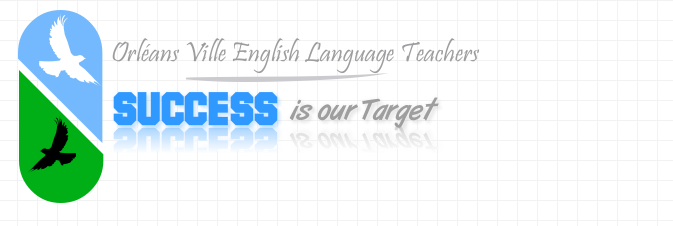Types of Conclusions
Essay conclusions are, as a rule, no more than one paragraph in length. To have
a lengthier conclusion is to introduce a new topic or bring in too much information to
neatly wrap up the essay. Many students are under the impression that the
conclusion should be a summary of the essay, touching on all the points as a
reminder to the reader. While this may be true in some disciplines (especially,
within the social sciences), it is not the most creative or interesting way to conclude
an essay for your English class. Instead, consider one of the following possibilities
as you write your concluding paragraph.
The Embedded Conclusion
In some cases, especially with a narrative essay that tells a personal story in
chronological order, the conclusion can be the last paragraph of the body. For
instance,if you are telling the story of how you learned the English language, and
the last paragraph brings us to your current state of increased confidence mixed
with lingering cautiousness, then that last paragraph gives us a solid place to part
company.
Example:
I am now studying English in an ESL class at Cabrillo College. I know this is not
the last leg of my journey, for I have a lot more to learn about American idioms and
phrasing. However, even as I struggle, I feel more confidence than ever before. I
am so far getting “A” grades on all my written assignments. Still, I will always feel
cautious, like I am walking on egg shells, as I try to use a language that is so
different from the one I was born into in a land faraway.
The Retrospective Conclusion
For a narrative essay, or for any essay that uses chronology or traces an historic
movement, you may want to consider the retrospective conclusion. This concluding
paragraph uses “hindsight” to consider what came before with new insight gained
from experience.
Example:
Ten years ago, I would never have believed that I would be living in the United
States and using English to buy groceries and make new friends. I would have
fainted at the thought of writing professional documents in the English language.
Nonetheless,here I am, writing an English essay in my first college English class and
expecting to receive an “A.” Time will tell how far my English studies will take me.
The Reflective Conclusion
The reflective conclusion is similar to the retrospective kind, but it allows a
broader train of thought as one considers the various themes, lessons, or insights
that have emerged from the essay writing experience.
Example:
In choosing to approach life’s challenges from a passive position, many teens
see their bad choices as a result of their circumstances. Whether it’s an unwanted
pregnancy, a drug addiction, or an abusive relationship, girls especially can make
excuses so that they don’t have to change. I wish I could tell them that they don’t
have to be imprisoned by their past choices—it’s never too late to take charge of
your destiny.
The Projective Conclusion
This type of conclusion works especially well for research papers but can be
used for most expository essays and some narrative ones as well. It involves
projecting a future outcome of the circumstances you describe. It may project the
negative results of a social issue if it remains unresolved or a threat to humanity. In
other contexts, this conclusion can state a need for further research in an area to
enhance our understanding, or it could predict an interesting, unexpected outcome
based on current trends.
Example:
A crisis continues to brew in our school systems where it is no longer the case of
just bullies turning to serial violence. As we saw in the Columbine shootings, even
victims of chronic bullying, in an attempt to fight back and regain some power or
dignity,are taking up arms and gunning down their classmates. Case after case
shows us that criminal violence amongst school-aged children in America is not
limited to just males or pinned to any one ethnicity or socioeconomic class. It is a
crisis of the generation gap increased by rapidly changing technology and a lack of
real communication. Unless we start talking to each other, more of our youth will
die, and children will be safer on the streets than they are in the schoolyard.
The above four types of conclusions are not meant to limit you but to give you
guidance as you apply your own unique stamp of creativity to your essay. The most
important factor in writing your conclusion is that you give yourself enough time to
experiment with a few possibilities. Don’t deny yourself the creative thrill of that
final flourish!

